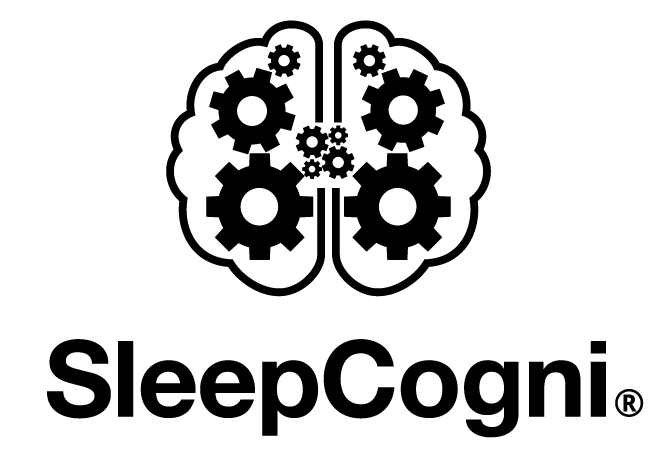The Innovate UK government grant funds the collaboration between medical tech start-up SleepCogni and Sheffield Hallam University; recognising Sheffield as a leading science and technology hub. The significant investment will boost employment and enhance the regions reputation for world-class research.
SleepCogni has developed a novel patented wearable medical device providing behavioural treatment for insomnia. Their scientific and commercial potential has now been acknowledged for the second time by the UK’s innovation agency, Innovate UK, following an earlier award in the Open program in 2017. SleepCogni’s new grant, from the Biomedical Catalyst scheme, will fund research into “Multiple physiological inputs to optimise real-time biofeedback through artificial intelligence to improve sleep in insomniacs”. The application was reviewed by four independent industry experts who gave the project an impressive score of 88%.
The new Biomedical Catalyst grant will allow the business to further develop its wearable medical device by optimising and validating its active-biofeedback technology to help patients self-manage their insomnia. In active-biofeedback, cues are offered not only according to the patient’s physiological inputs but also according to behavioural inputs that assess their mental alertness. SleepCogni’s unique algorithm provides patients with cues that represent a personalised guidance towards sleep and relaxation. Part of the technology is that patients are being offered with a response task which helps focus their attention, reduce rumination and worrying thoughts, thereby allowing patients to wind down, find sleep, and to ultimately build a renewed positive association to sleep.
The project will be run in collaboration with the Sheffield Hallam University, led by Dr Lambros Lazuras and Dr Antonia Ypsilanti from the Department of Psychology, Sociology and Politics. The focus of the project is to optimise SleepCogni’s personalised active-biofeedback algorithms and AI software with data collected from eighty insomnia sufferers. These efforts will, at the same time, provide the first extensive user experience of their wearable device. Finally, the project will support the first steps towards obtaining the relevant regulatory requirements for a medical device.
Dr Lazuras commented “Sleep is vital both to our mental and physical health. As mental health experts we need to find ways to help people improve their sleep quality, especially those with sleep problems.” Dr Ypsilanti added “Our new project will allow to us to evaluate the effectiveness of an innovative AI-based treatment of sleep problems in people with insomnia and, accordingly, inform clinical practice.”
CEO, Richard Mills says: ‘It is great to again receive funding from Innovate UK for a key part of our Research and Development. In addition, the recognition we received by Innovate UK and by the independent experts that assessed our application, strengthens our resolve to materialise our vision for a solution to insomnia through our technology. This award comes at a great time, as we are looking to raise new investment for the next phase of our business, preparing for commercialising.’
